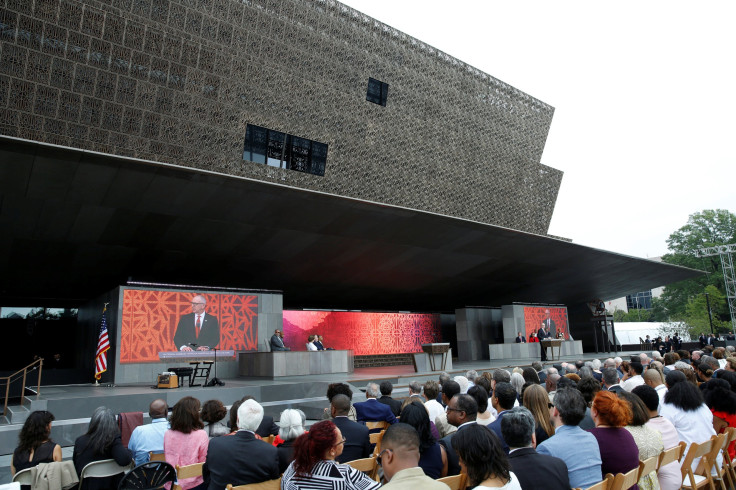What Is Black History Month And Why It’s Important? The Story And Background Behind Honoring African-Americans Every February

African-Americans have been an integral part of U.S. history since before the country’s inception, yet it took centuries before they were given their due in the form of Black History Month, which has been celebrated nationally every February since 1976.
Black History Month was the brainchild of historian Carter G. Woodson, who along with the Rev. Jesse E. Moorland, founded the Association for the Study of Negro Life and History in 1915, renamed the Association for the Study of African American Life and History. The organization is devoted to researching and promoting the achievements of Americans of African descent.
Woodson was determined to correct the underrepresentation of blacks in books and conversations that shaped the study of American history.
"If a race has no history, it has no worthwhile tradition, it becomes a negligible factor in the thought of the world, and it stands in danger of being exterminated," Woodson said.
The group sponsored Negro History Week during the second week in February in 1926 to coincide with the birthdays of Abraham Lincoln and Frederick Douglass. The celebration evolved into a whole month in the 1960s due to efforts from the Civil Rights Movement.
But it wasn’t until the nation’s bicentennial in 1976 that President Gerald Ford officially recognized Black History Month and urged Americans to “seize the opportunity to honor the too-often neglected accomplishments of black Americans in every area of endeavor throughout our history.”
That first Black History Week spawned black history clubs, while teachers sought additional instruction materials and progressive whites endorsed the effort.
This year, the National Museum of African American History and Culture will celebrate events for the first time. It opened in September, the newest museum of the Smithsonian Institution.
The Library of Congress, National Archives and Records Administration, National Endowment for the Humanities, National Gallery of Art, National Park Service, Smithsonian Institution and United States Holocaust Memorial Museum will pay tribute to black Americans.
This year’s theme is the role of education in the history of black Americans.
“The crisis in black education first began in the days of slavery when it was unlawful for slaves to learn to read and write,” the association says on its website. “In pre-Civil War northern cities, free blacks were forced as children to walk long distances past white schools on their way to the one school relegated solely to them.
“Whether by laws, policies, or practices, racially separated schools remained the norm in America from the late 19th century well into our own time.”
The association noted schools in urban areas lack resources, endure overcrowding and exhibit a racial achievement gap, depriving children of opportunity.
“Addressing the crisis in black education should be considered one of the most important goals in America’s past, present and future,” the site says.
© Copyright IBTimes 2024. All rights reserved.






















